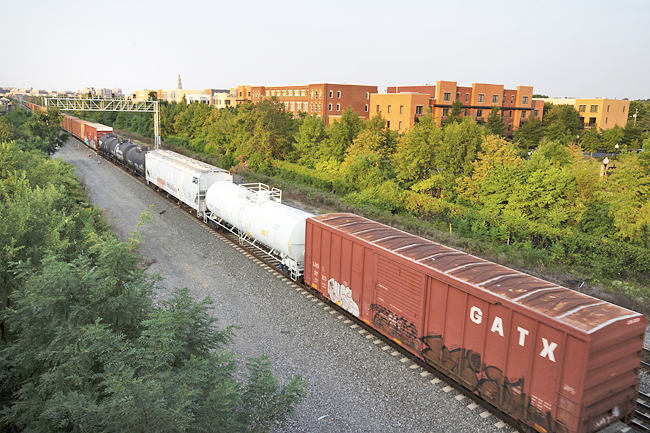OMAHA, NEBRASKA (AP) – Shippers are praising proposed changes that federal regulators have approved to the system used to dispute rates railroads charge, aiming to update a system that is so costly and cumbersome it is little used.
The new procedures the United States (US) Surface Transportation Board (STB) approved this week may give shippers a way to resolve rate disputes of less than USD4 million in a matter of months instead of years, and at a much lower cost.
But the major freight railroads expressed reservations about the new system that would take effect sometime early next year.
“The board has long sought a suitable method of making adjudication of smaller rate disputes accessible, reasonable, and less time-consuming for affected parties,” STB Chairman Martin Oberman said.
“Experience has shown that the board’s prior efforts to provide rate review methods suitable for smaller disputes have been rarely used by shippers.”
The American Chemistry Council trade group estimated that challenging the rates railroads charge under the existing system costs between USD4 million and USD5 million and takes about five years on average. So that makes it impractical for most companies to use.

“These new procedures are an important move in the right direction that will provide the STB, railroads and shippers with a speedier option for resolving small rate cases in the absence of effective market competition,” said American Chemistry Council’s vice president of Regulatory and Scientific Affairs Kimberly Wise White.
The STB said that if all seven of the largest railroads agree to it, a new arbitration system will be adopted to resolve these rate disputes.
But if Union Pacific, BNSF, Norfolk Southern, CSX, Kansas City Southern, Canadian Pacific and Canadian National don’t all promise to abide by arbitration, the board will adopt a different system.
Under that second proposal, the STB would decide whether a railroad’s rates are reasonable.
If it were to reject the rate, the board would accept either the company’s or the railroad’s proposed rate without spending an extended period of time working to decide what the rate should be.
The American Fuel and Petrochemical Manufacturers trade group said the new rules should provide some relief to companies that rely on railroads and don’t have any other viable options to ship their raw materials and products.
“For several decades, the freight rail industry has experienced massive consolidation and a decline in competition,” said AFPM’s vice president of petrochemicals and midstream Rob Benedict.
“This has given the remaining railroads incredible market power and, subsequently, rail shippers have been forced to deal with escalating shipping rates, sub-par rail service and ineffective means to resolve commercial disputes.”
The Association of American Railroads trade group’s president and CEO, Ian Jefferies, said he’s not sure the STB has the legal authority to adopt the new system because the board wouldn’t do an independent analysis of the rates.
“Sound economic principles are abandoned, in favour of an arbitrary procedure that offers no certainty to any stakeholder and instead rewards legal brinksmanship,” Jefferies said.




